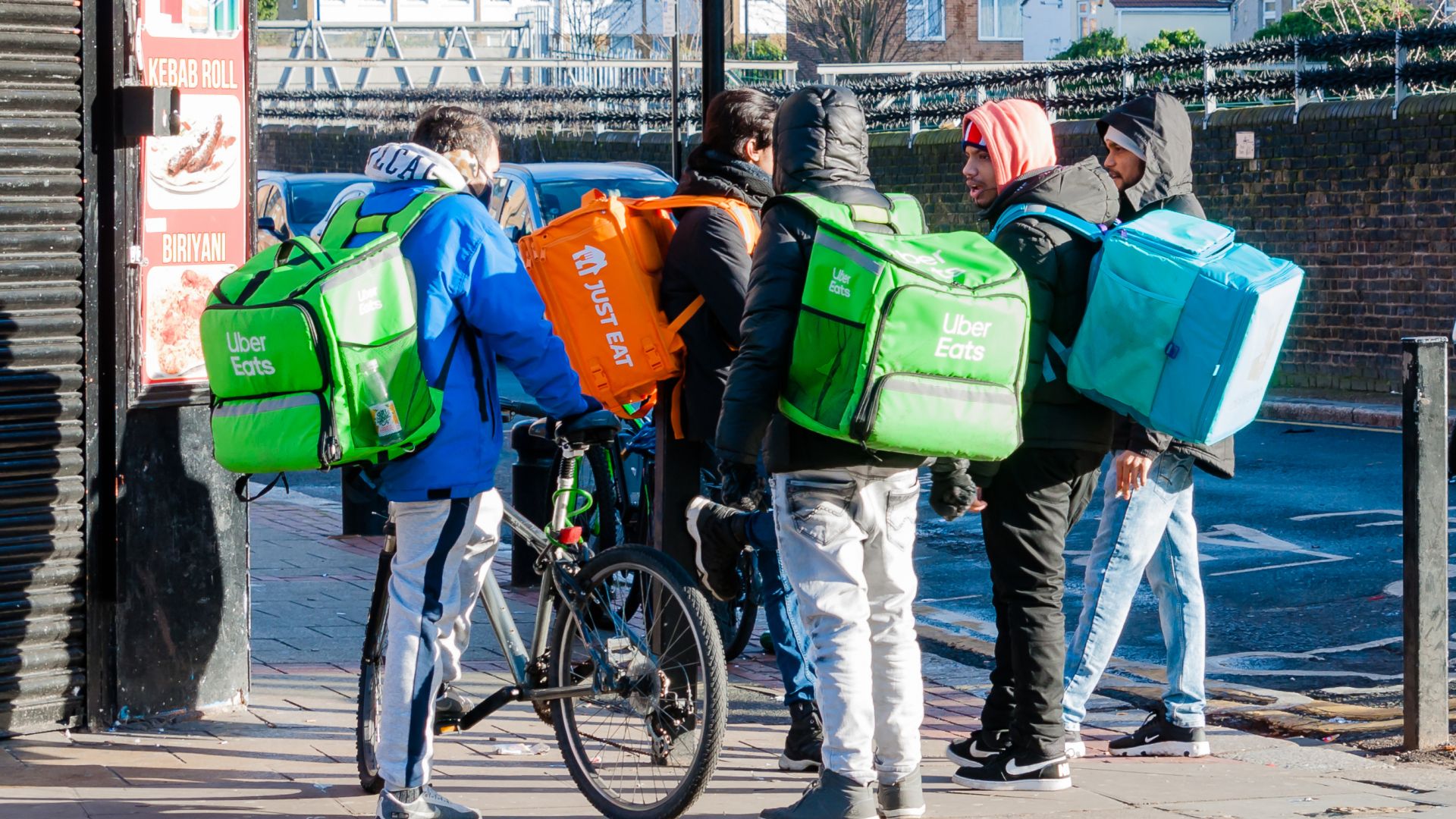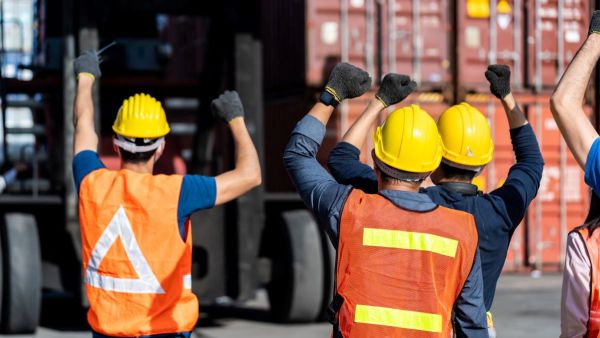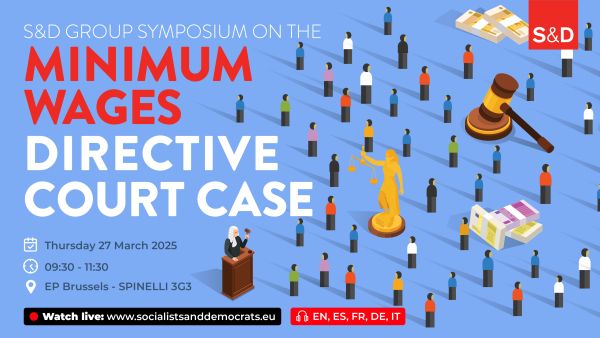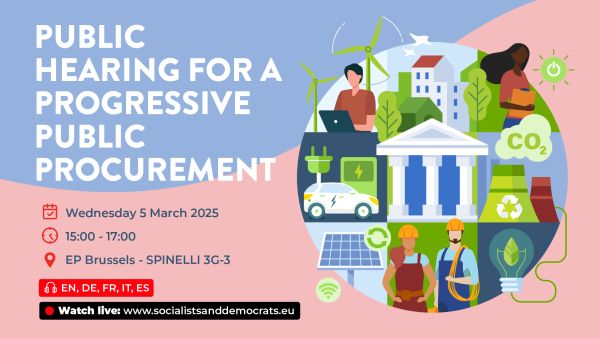It is so easy – with one click on your smart phone you can order food delivered to your doorstep, a car to take you places or a cleaner to tidy your home. During the pandemic we have grown even more accustomed to these nice conveniences of modern life. But how do they affect the lives of the people behind the app, who provide these valuable services to us?
Take the Uber driver who does not get any customers and gets stuck with the bills for the fuel and the car insurance.
Or the Deliveroo driver who can't work after a bike accident delivering food and does not receive any sick pay. Or the Helpling cleaner getting harassed who does not know where to turn to for support.
The apps neatly hide the real story of the workers, too often deprived of fair wages, denied social insurance, declined paid leave and decent working conditions.
Pay can be very low, insecure and unpredictable, especially when workers are paid by the task and not by the hour, when they have to shoulder long, unpaid waiting times and bear the costs for working materials, as well as the fees for the platform.
The trick platforms use to keep their costs low is to claim these workers are self-employed.
With slogans like 'be your own boss' or 'full flexibility', they mask the fact that bogus self-employment leaves these modern day-labourers in a very precarious situation.
It's a business model that allows some of the richest companies on the planet to outsource their business risk onto workers and taxpayers. Because when things go wrong – the worker falls sick or has an accident – then the worker is left in the rain and society has to step in.
To make things even worse, companies offering their employees full social protection and decent pay simply cannot compete with the low prices of platforms engaged in social dumping.
We want to change the game of the gig company.
Not by taking away the nice convenience so many have come to depend on to keep our busy lives running. And not because we are adverse to technological innovation and want to turn back the clock. On the contrary, the capacity of platforms to match supply and demand in real time should have useful applications for public services too, for example in the homework sector for children.
But, how we treat some of the most vulnerable people in today's economy will shape the kind of society we will live in.
The digital revolution is turning our world upside down. It changes the way we work, produce, consume, love and live in ways unseen since the last industrial revolution. We are called upon to ensure that technological progress translates into social progress for all.
It cannot be workers who pay the price for digital innovations by sacrificing their hard-won rights on the altar of the gig economy, while some digital companies get even richer.
In 2019, the digital labour platforms generated $52bn [€44bn] globally. Just as we tamed the last industrial revolution, we must again make sure that we put people first – by passing the laws to protect them.
This is why we are calling on the European Commission to urgently propose legislation that will better protect platform workers.
Misclassified, fragmented
Currently, platform work is considered a non-standard form of employment. As a consequence, platform workers are misclassified as self-employed and denied the decent working conditions and social rights which are standard for all other workers, like minimum wages or paid leave.
As national rules are fragmented and insufficient, and platforms often operate across borders, targeted action at the EU level is needed. Alongside our efforts to hold digital companies accountable in the Digital Services Act, we need EU legislation to protect platform workers.
Some of the platform workers are, of course, genuinely self-employed and their rights must be protected, too. Our goal is to improve working conditions for all platform workers and combat bogus self-employment.
The solution is really quite simple: in principle, all platform workers must be considered as employees.
It must be assumed that an employment relationship exists with the platform, entailing full social and worker's rights. It should be up to the platforms to demonstrate the contrary. If the platform companies disagree, it is up to them to prove that no employment relationship exists with the worker.
In a nutshell, it is all about reversing the burden of proof.
In recent years, platform work has grown tremendously. One in ten Europeans has already performed platform work. If we do not step in to protect some of the most vulnerable workers in today's economy, we risk precarious work spreading to other sectors.
Better protecting platform workers is a crucial piece to tame the digital revolution and ensure technological progress delivers social progress for all.
The four authors are all Socialists & Democrats MEPs.
Ismail Ertug is vice-president for a digital Europe.
Pedro Marques is vice-president of a social Europe.
Agnes Jongerius is spokesperson for employment.
Elisabetta Gualmini negotiator for the platform report.










